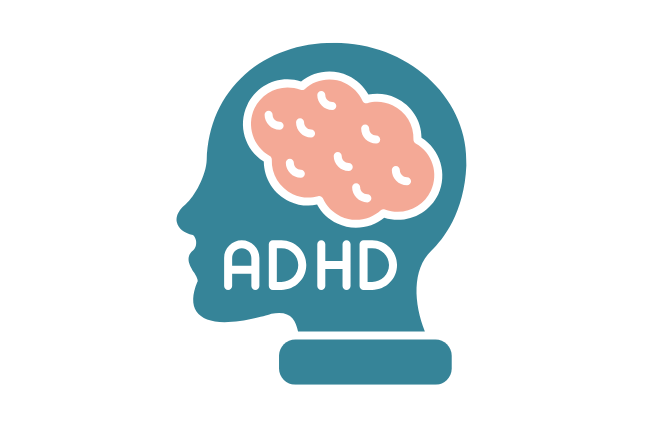
April 25, 2025 – Contrary to popular belief, actual facts can reduce attitude polarization and promote a healthier discourse, according to a new study by Hebrew University and Massachusetts Institute of Technology (MIT) researchers. Published in Nature Communications, the researchers tested a widely accepted theory in political science—namely, that exposure to information leads individuals to become more entrenched in their views due to politically motivated reasoning. According to this theory, people tend to reject facts that contradict their beliefs while embracing those that support them, leading to greater polarization. However, the findings from this new study tell a different story.
A representative sample of more than 1,000 Americans participated in a randomized experiment focused on gun control, a controversial topic. They were presented with many credible facts—some that supported their existing opinions and others that challenged them—and received modest incentives to engage with the material. Remarkably, participants did not shy away from counter-attitudinal information; they read it, learned it, and retained it. Even one month later, their knowledge persisted—and so did the shift in their attitudes.
Rather than becoming more extreme, individuals moved toward more moderate views. Importantly, this depolarization occurred without a corresponding increase in emotional hostility toward those with opposing opinions, indicating that knowledge affected policy attitudes without fueling interpersonal animosity.
“Our study shows that people are more open-minded than we often assume,” said Dr. Amsalem, a senior lecturer at the Hebrew University Department of Communication and Journalism. “When individuals are given high-quality, balanced facts and a reason to learn them, they don’t simply cling to their old beliefs—they revise them. This offers a hopeful message: factual knowledge, when properly delivered, can be a powerful antidote to polarization across a range of contentious issues.”
The research challenges the growing cynicism about people’s capacity to engage constructively across ideological divides. It offers evidence that depolarization is not just a theoretical ideal but an achievable outcome—if the right informational tools are used. In an age when extremism and animosity spread easily and trust in institutions is fragile, the findings highlight a path forward: by making trustworthy, balanced information accessible and incentivizing engagement with it, societies may yet reclaim the middle ground.
Implications for Policy and Public Discourse
By highlighting that accurate, balanced information can lead to genuine changes in belief, the study offers a compelling counterpoint to the growing frustration with polarized discourse. It suggests that civic education, public policy, and media practices should prioritize not only the accuracy of information but also its presentation and accessibility. Ultimately, this research could inform new approaches to journalism, educational curricula, and even social media platform design—fostering healthier, more productive conversations in democratic societies.
The research paper titled “Factual knowledge can reduce attitude polarization” is now available in Nature Communications and can be accessed here.
Researchers: Michael Nicholas Stagnaro1 & Eran Amsalem2
Institutions: 1) Sloan School of Management, Massachusetts Institute of Technology, Cambridge, MA, USA 2) Department of Communication and Journalism, Hebrew University of Jerusalem, Jerusalem




